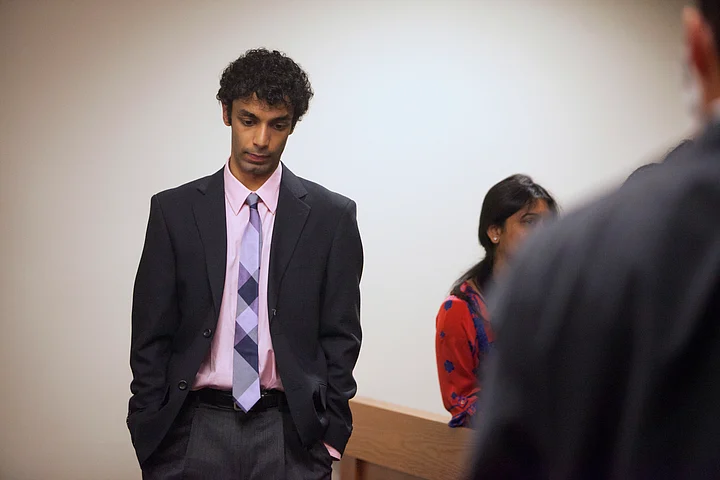A former student of Rutgers University, Dharun Ravi, convicted for spying on his gay room-mate, could see his conviction reversed by the Supreme Court of New Jersey.
In 2012, Ravi, along with a friend Molly Wei were convicted of spying on Ravi’s room-mate Tyler Clementi while he was being intimate with another man.
On finding out that he had been spied upon, Tyler Clementi committed suicide by jumping off Washington State Bridge in New Jersey.
The case garnered worldwide attention and Ravi was sentenced to 30 days in jail, three years’ of supervised release, 300 hours of community service and a fine of $11,000.
Last week the New Jersey Supreme Court struck down a portion of the state’s bias crime statute under which Ravi was charged.
The Supreme Court justices said about the bias statute: “whether a victim reasonably believes he was targeted for a bias crime will necessarily be informed by the victim’s individual experiences and distinctive cultural, historical, and familial heritage -- all of which may be unknown or unknowable to the defendant.”
Ravi’s attorney, Steven Altman says that the decision made by the Supreme Court, directly strikes down Ravi’s earlier convictions, as there was no way for Ravi to know Clementi’s emotional state at the time of the incidents.
This could win him a new trial, his attorney said.
The Supreme Court ruling also brings into question decisions made by the trial judge during the 2012 case, Superior Court Judge Glenn Berman.
Berman permitted the prosecution to produce evidence of Clementi’s state of mind to the jury.
However, Berman did not permit Ravi’s lawyer to introduce evidence during the trial that Clementi was upset over his mother’s rejection of his homosexuality and other incidents in his life.
Berman also prohibited Altman from obtaining some items seized from Clementi’s possessions , including a suicide note.
Altman was quoted as saying,“Now the argument has to be that the judge permitted evidence that taints the entire verdict”, and added that the evidence about Tyler Clementi’s state-of-mind which was not shown in court could have changed the verdict.
(With Inputs from PTI)
(At The Quint, we question everything. Play an active role in shaping our journalism by becoming a member today.)
